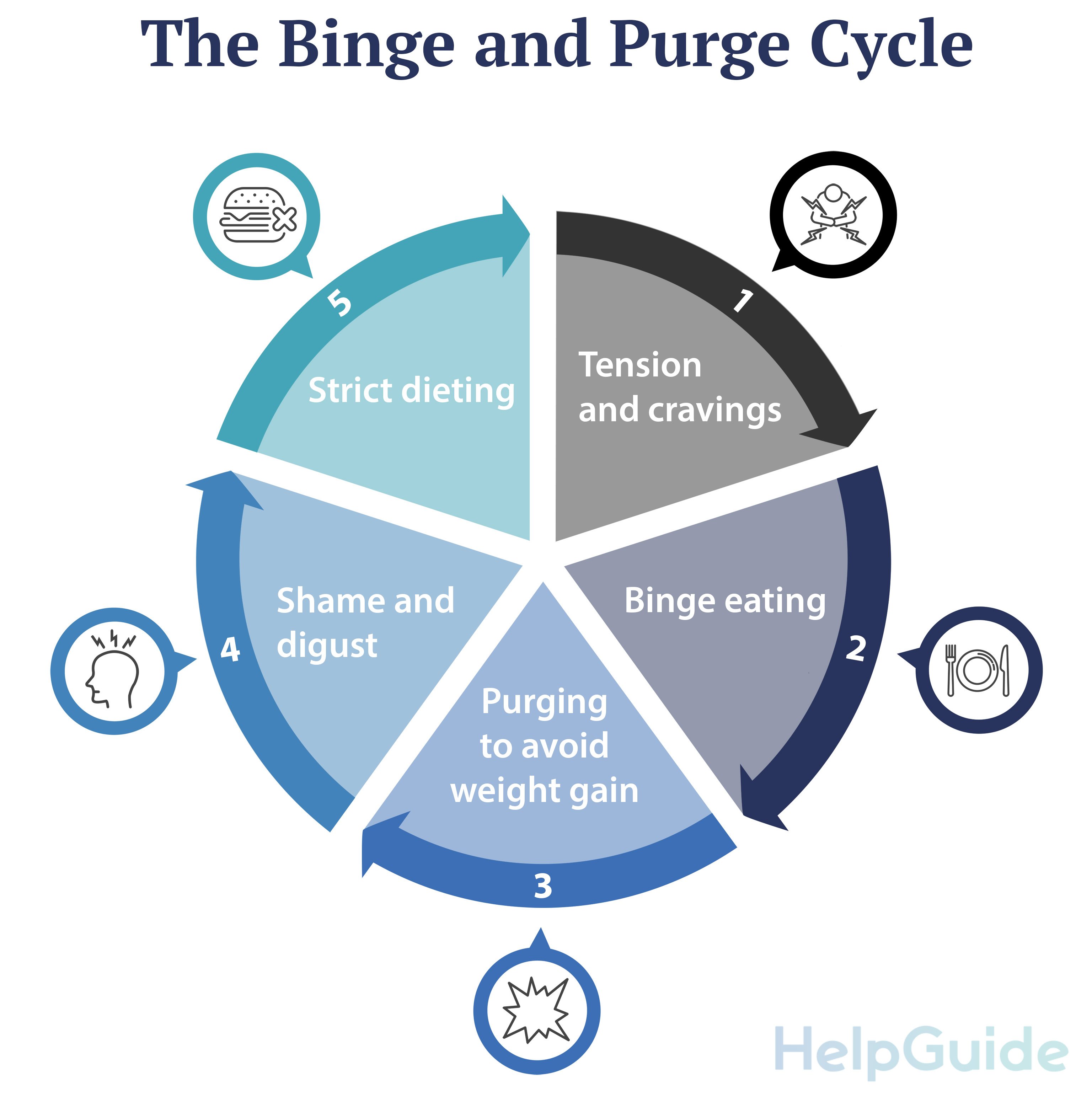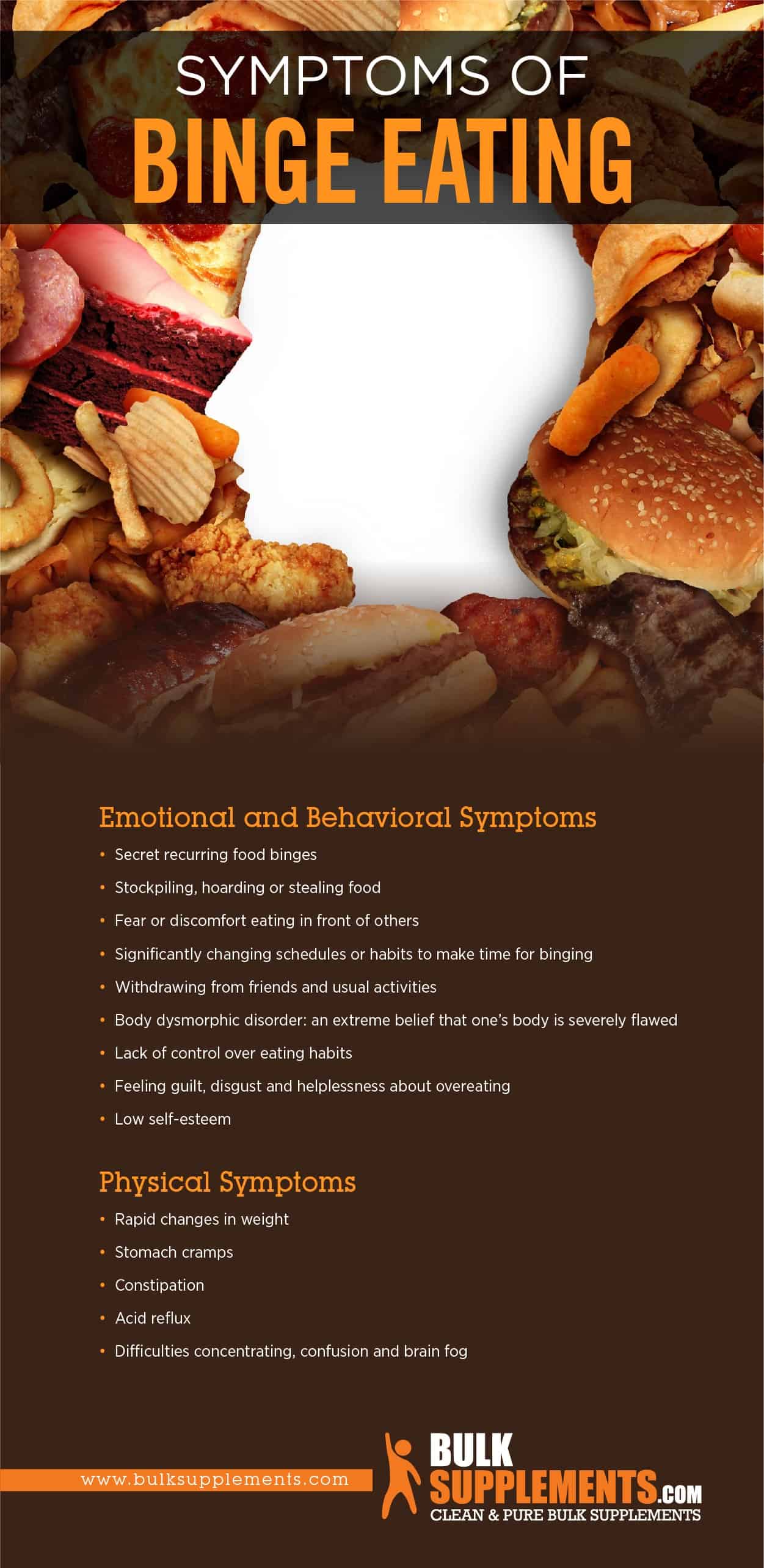The Ultimate Guide To Eating Disorder Recovery
Table of ContentsEating Disorder Recovery Fundamentals ExplainedThe 45-Second Trick For Eating Disorder RecoveryNot known Details About Eating Disorder Recovery The smart Trick of Eating Disorder Recovery That Nobody is Talking About
Repeated as well as integrated behaviors like these can be an indicator of an eating problem as well as ought to be monitored. An individual's mood and just how it is shown or expressed (affect) can supply some further understanding right into the probability that they are experiencing an eating problem. Indicators to keep an eye out for consist of: social withdrawal or isolation; rapid changes in mood; boosted stress and anxiety; and/or high levels of control or obsessionality (which may or may not be connected to food or the body).For instance, a person can be upset also if their outward behavior does not match what they really feel (eating disorder recovery). While this may hold true for all of us from time to time, this incongruence might be extra obvious in individuals with consuming problems. Changes in social behavior such as someone who was previously social starting to prevent going out with other people might be particularly telling if the pattern expands to most or every one of the person's social supports, and if there is little else that would better explain the change.
These lists are not extensive, yet are planned to offer you with domains for consideration. Discovering a few of the indications might not be a cause for issue. It's when these modifications start to come to be distressing or disruptive to the private or to individuals around them that closer attention must be paid.
You might be unsure regarding when as well as where to begin or what to claim. These sensations are crucial and also can form component of the conversation you have.
Eating Disorder Recovery Things To Know Before You Get This
Your key goal, as an example, may be to merely 'sign in' with your liked one to see if there is anything you can do to sustain them normally. Depending on the instructions of conversation, you might after that be able to express problem concerning recent changes in practices or mindsets, consisting of those pertaining to food.
Keep in mind that these conversations require time, may require to be had numerous times, and also might not always have a clear end result. This is flawlessly alright; it is essential to keep your very own assumptions sensible. Remember the complying with indicate aid you facilitate the discussion: Use non-judgmental as well as non-blaming language.
Provide the person the opportunity to talk about their sensations if they want to. Allow them recognize you are there for them. The reality that you prepare to provide assistance if they desire it can be handy for them to recognize, now or in the future. Try to avoid assuming as if the individual is the eating condition.
Simply as an ailment such as cancer does not define that somebody is, an eating disorder ought to not be seen in this way either. Gently encourage treatment. Try to get the person to their general expert or one more certified health professional (such as a professional psycho therapist) have a peek at these guys for an assessment. If you sense resistance, and if the person is not critically weak, hold your horses as well as consistent.
Not known Incorrect Statements About Eating Disorder Recovery
Do not attempt to supply a simplistic solution. Instances of what not to claim include 'Simply eat, you'll feel better' and also 'Just don't stress over your body.' People with an eating condition do fight with eating as well as do really feel terribly about their body, yet the point is to get them the help they need to recover, which isn't as simple as suggesting that their reasoning or practices is wrong.
Condemning yourself for someone's eating condition or criticizing that person is purposeless to everybody. Correspond. Stick to regimens as well as rules for all members of a house, instead of selecting the person that might have an eating disorder. If household dinners are common, do not transform the regular to suit the go to this site private with the eating condition, regardless of whether they take part or not.
Look for expert help. The very best time to seek professional support is as soon as you know or believe something is incorrect. You can start by chatting with a family doctor, paediatrician or other health and wellness professional you rely on to find out more concerning eating problems, get their perspective, or establish a strategy for how to aid obtain your liked one to see a specialist.

Rumored Buzz on Eating Disorder Recovery

Bear in mind that, while the path in advance of you can at times feel isolating, you are not the only one in navigating this challenge. Like your enjoyed one, you as well are finding out about managing the opportunity of an eating condition. Take a moment when you can to take a breath, process and focus on setting one foot before the various other.
Most of us need to eat, and many of us eagerly anticipate eating. Even more than nourishing our bodies, food is often a big component of getting together with individuals we love. Indeed, it's tough to visualize what life would certainly resemble without the numerous gatherings we have developed around sharing food.
Left unattended, eating disorders can lead to major effects like organ failureor even fatality. There are various kinds of eating conditions, and also some individuals might experience symptoms of greater than one problem. One of the most typical eating conditions are: A condition characterized by purposeful initiatives to significantly limit food intake (regardless of reduced body weight), frequently to the point of professional malnourishment.